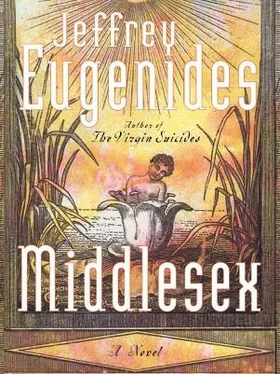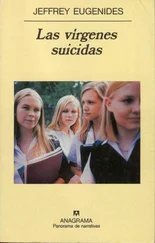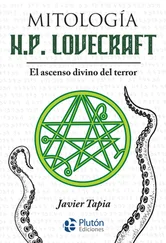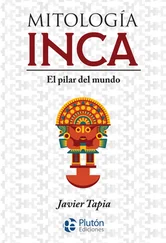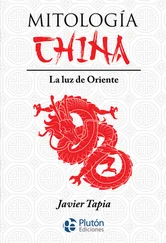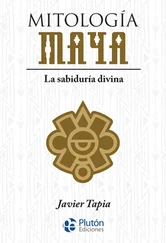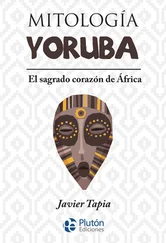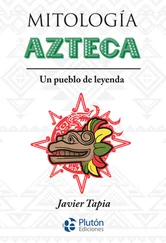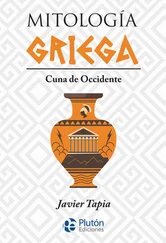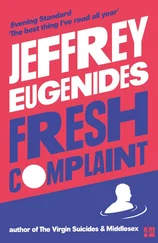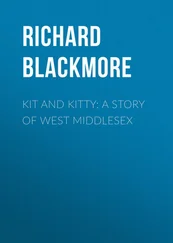Just before my birthday party had started, Chapter Eleven had been down in his basement laboratory, using a hacksaw on a newfangled Titleist that advertised a “liquid center.” The ball was held firmly in a vise as Chapter Eleven sawed. When he reached the center of the Titleist, there was a loud popping sound followed by a puff of smoke. The center of the ball was empty. Chapter Eleven was mystified. But when he emerged from the basement, we all saw the dots . . .
Back at the party, my birthday cake is coming out with its seven candles. My mother’s silent lips are telling me to make a wish. What did I wish for at seven? I don’t remember. In the film I lean forward and, Aeolian, blow the candles out. In a moment, they reignite. I blow them out again. Same thing happens. And then Chapter Eleven is laughing, entertained at last. That was how our home movies ended, with a prank on my birthday. With candles that had multiple lives.
The question remains: Why was this Milton’s last movie? Can it be explained by the usual petering out of parents’ enthusiasm for documenting their children on film? By the fact that Milton took hundreds of baby photographs of Chapter Eleven and no more than twenty or so of me? To answer these questions, I need to go behind the camera and see things through my father’s eyes.
The reason Milton was disappearing on us: after ten years in business, the diner was no longer making a profit. Through the front window (over Athena olive oil tins) my father looked out day after day at the changes on Pingree Street. The white family who’d lived across the way, good customers once, had moved out. Now the house belonged to a colored man named Morrison. He came into the diner to buy cigarettes. He ordered coffee, asked for a million refills, and smoked. He never ordered any food. He didn’t seem to have a job. Sometimes other people moved into his house, a young woman, maybe Morrison’s daughter, with her kids. Then they were gone and it was just Morrison again. There was a tarp up on his roof with bricks around it, to cover a hole.
Just down the block an after-hours place had opened up. Its patrons urinated in the doorway of the diner on their way home. Streetwalkers had started working Twelfth Street. The dry cleaner’s on the next block over had been held up, the white owner severely beaten. A. A. Laurie, who ran the optometrist’s shop next door, took down his eye chart from the wall as workers removed the neon eyeglasses out front. He was moving to a new shop in Southfield.
My father had considered doing the same.
“That whole neighborhood’s going down the tubes,” Jimmy Fioretos had advised one Sunday after dinner. “Get out while the getting’s good.”
And then Gus Panos, who had had a tracheotomy and spoke through a hole in his neck, hissing like a bellows: “Jimmy’s right . . . sssss . . . You should move out to . . . ssss . . . Bloomfield Hills.”
Uncle Pete had disagreed, making his usual case for integration and support for President Johnson’s War on Poverty.
A few weeks later, Milton had had the business appraised and was met with a shock: the Zebra Room was worth less than when Lefty had acquired it in 1933. Milton had waited too long to sell it. The getting out was no longer good.
And so the Zebra Room remained on the corner of Pingree and Dexter, the swing music on the jukebox growing increasingly out of date, the celebrities and sports figures on the walls more and more unrecognizable. On Saturdays, my grandfather often took me for a ride in the car. We drove out to Belle Isle to look for deer and then stopped in for lunch at the family restaurant. At the diner we sat in a booth while Milton waited on us, pretending we were customers. He took Lefty’s order and winked. “And what’ll the Mrs. have?”
“I’m not the Mrs.!”
“You’re not?”
I ordered my usual of a cheeseburger, milk shake, and lemon meringue pie for dessert. Opening the cash register, Milton gave me a stack of quarters to use in the jukebox. While I chose songs, I looked out the front window for my neighborhood friend. Most Saturdays he was installed on the corner, surrounded by other young men. Sometimes he stood on a broken chair or a cinder block while he orated. Always his arm was in the air, waving and gesticulating. But if he happened to see me, his raised fist would open up, and he would wave.
His name was Marius Wyxzewixard Challouehliczilczese Grimes. I was not allowed to speak to him. Milton considered Marius to be a troublemaker, a view in which many Zebra Room patrons, white and black both, concurred. I liked him, though. He called me “Little Queen of the Nile.” He said I looked like Cleopatra. “Cleopatra was Greek,” he said. “Did you know that?” “No.” “Yeah, she was. She was a Ptolemy. Big family back then. They were Greek Egyptians. I’ve got a little Egyptian blood in me, too. You and me are probably related.” If he was standing on his broken chair, waiting for a crowd to form, he would talk to me. But if other people were there he would be too busy.
Marius Wyxzewixard Challouehliczilczese Grimes had been named after an Ethiopian nationalist, a contemporary of Fard Muhammad, in fact, back in the thirties. Marius had been an asthmatic child. He’d spent most of his childhood inside, reading the eclectic books in his mother’s library. As a teenager he’d been beaten up a lot (he wore glasses, Marius did, and had a habit of mouth-breathing). But by the time I got to know him, Marius W. C. Grimes was coming into his manhood. He worked at a record store and was going to U. of D. Law School, nights. There was something happening in the country, in the black neighborhoods especially, that was conducive to the ascension of a brother like Marius to the corner soapbox. It was suddenly cool to know stuff, to expatiate on the causes of the Spanish Civil War. Ché Guevara had asthma, too. And Marius wore a beret. A black paramilitary beret with black glasses and a little fledgling soul patch. In beret and glasses Marius stood on the corner waking people up to things. “Zebra Room,” he pointed a bony finger, “white-owned.” Then the finger went down the block. “TV store, white-owned. Grocery store, white-owned. Bank . . .” Brothers looked around . . . “You got it. No bank. They don’t give loans to black folks.” Marius was planning to become a public advocate. As soon as he graduated from law school he was going to sue the city of Dearborn for housing discrimination. He was currently number three in his law school class. But now it was humid out, his childhood asthma acting up, and Marius was feeling unhappy and unwell when I came roller-skating by.
“Hi, Marius.”
He did not vocally respond, a sign with him that he was in low spirits. But he nodded his head, which gave me the courage to continue.
“Why don’t you get a better chair to stand on?”
“You don’t like my chair?”
“It’s all broken.”
“This chair is an antique. That means it’s supposed to be broken.”
“Not that broken.”
But Marius was squinting across the street at the Zebra Room.
“Let me ask you something, little Cleo.”
“What?”
“How come there’s always at least three big fat officers of the so-called peace sitting at the counter of your dad’s place?”
“He gives them free coffee.”
“And why do you think he does that?”
“I don’t know.”
“You don’t know? Okay, I’ll tell you. He’s paying protection money. Your old man likes to keep the fuzz around because he’s scared of us black folks.”
“He is not,” I said, suddenly defensive.
“You don’t think so?”
“No.”
“Okay, then, Queenie. You know best.”
But Marius’s accusation bothered me. After that, I began to watch my father more closely. I noticed how he always locked the car doors when we drove through the black neighborhood. I heard him in the living room on Sundays: “They don’t take care of their properties. They let everything go to hell.” The next week, when Lefty took me to the diner, I was more aware than ever of the broad backs of policemen at the counter. I heard them joking with my father. “Hey, Milt, you better start putting some soul food on the menu.”
Читать дальше
Конец ознакомительного отрывка
Купить книгу
